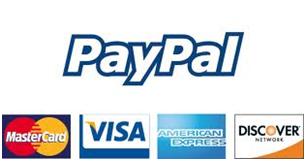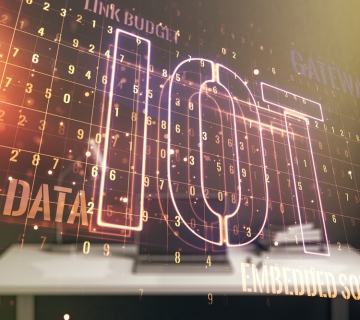In this guide we will talk about the safest practices for conducting financial transactions on the Internet, regardless of which device you are using. So if you want to be safer when paying money from your account on the web, make sure you take into account the following suggestions.
Where do we connect from?
If you are connected to a trusted network such as the home or office one, then you need not do anything except to install and enable a good security solution that will always work to monitor your Internet traffic. Also, do not ignore the warnings that you receive from your web browser or security solution. If one of them believes that something is suspicious, then you should listen to notifications and recommendations received.
Transactions on a computer connected to a public network
It is generally best to avoid any financial transactions when connected to a public network. A Wi-Fi network could mean that someone is nearby, watching the network traffic. You can easily become a victim of an attack. If you need to make financial transactions when connected to such networks, be more attentive to the warnings received from the Internet browser or your security solution. Modern browsers are able to detect when someone is trying to replace a counterfeit security certificates and trying to become an intermediary between your computer and the websites you visit.
So if your browser says that some certificates are invalid or your security solution detects something suspicious, turn off and unplug your computer from the network immediately. A good idea is to change the passwords for the services you have accessed through the network as soon as you connect to a trusted network.
Security
Another good recommendation is to use the options included in modern security solutions that can run in a browser, isolated from the rest of the operating system so as not to interfere with your action. Some security solutions encrypt the traffic passing through them, making it more difficult to intercept.

Many people use a mobile internet modem to connect when they are on the road. Using this connection is more secure than Wi-Fi in a location you know nothing about. If you can choose between these two options for connecting to the Internet, always choose the 3G or 4G connection on your phone.
Transactions on a shared computer
It is not recommended to perform transactions on a public computer. Public computers are used by many people, and someone can install keyloggers or other malicious software.
If you absolutely have to use a public computer to make financial transactions then be aware of the following recommendations:
- Use an online antivirus scanner to scan for malicious software. If you find any threats, do not use that computer.
- If there is a security solution installed on it check it is on or turn it on yourself if necessary.
- If one of the most modern browsers is installed make sure you use private browsing mode. This mode of navigation ensures that your work history is kept secret and when you close the application, all active connections and cookies are deleted or closed.
-
Do not set browsers that components used to store passwords.
Transactions on tablets or smartphones
If you need to make online transactions from a smartphone or a tablet, try not to use the default mobile browser. Mobile browsers are not as safe as those available for the desktop. It is preferable to install an application provided by your bank, for example. Such applications generally provide a good encryption and are safer to use on mobile devices. The same recommendation applies to those online stores that offer such special mobile application for making purchases.
Finally, there are also plenty of security solutions available for mobile platforms. Make sure you use them wisely.



